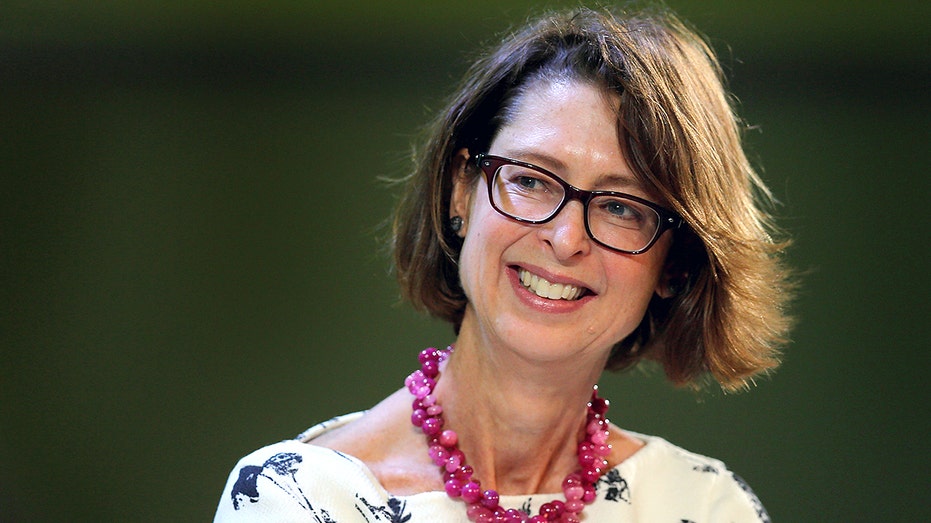Fidelity’s former CEO Ned Johnson, dead at 91: ‘he was a visionary’

Retirement savings hit a record: Fidelity Investments
Fidelity Investments report on American retirement savings
Edward Johnson III, the man who transformed Fidelity Investments into the Wall Street and investment giant it is today, died on Wednesday at the age of 91, his family has confirmed.
"We are immensely proud of his achievements and grateful for his life," Johnson’s family said in a statement, without disclosing the cause of death. "He was a visionary, an innovator, and a philanthropist who had a tremendous curiosity about the world around him and who lived his life to the fullest each and every day."
FILE: Fidelity Investments chairman & CEO Edward “Ned” Johnson III, left, addresses an audience as General Electric chairman & CEO Jeffrey R. Immelt, right, looks on during a Boston College Chief Executives Club luncheon, Sept. 25, 2002, in B (AP Photo/Chitose Suzuki, File) Born in Boston during the Great Depression, Johnson joined his father's firm in 1957 as a portfolio manager. He became president of Fidelity in 1972 and, after his father retired in 1976, became chairman and CEO. Johnson’s father founded Fidelity, but under his stewardship, the firm grew from a "small, regional mutual fund company into one of the world’s largest and most diversified financial services firms," the company said in a statement. CAN YOU RETIRE A MILLIONAIRE WITH ETFS ALONE? "Through his vision of making investment products and services accessible and affordable to average Americans, he helped spur the explosive growth of personal investing over the past four decades." A view of an American multinational financial services corporation Fidelity Investments logo. (Alex Tai/SOPA Images/LightRocket) When Johnson took over in the 1970s, companies were beginning to move away from pension plans. The Individual Retirement Account, or the IRA, was created in 1974. The 401(k) account, an employer-sponsored retirement plan that invested in stocks and bonds but was ultimately run by the individual employee, was created by Congress in 1978. Fidelity benefited from a massive broadening and interest in investing that started in the 1980s. Under Johnson, Fidelity started selling mutual funds directly to the public. The company also started offering discount brokerage services that made stock investing significantly cheaper. FIDELITY STUDY SHOWS ‘DOWNRIGHT UGLY’ RETIREMENT MOVES AMERICANS MADE OVER THE PAST TWO YEARS These efforts paid off. When Johnson took over Fidelity in 1977, the company had $3.9 billion in assets under management. When he retired as chairman in 2014, Fidelity had $5.7 trillion in assets under management. Fidelity's growth made Johnson and his family billionaires. The firm now holds more than $11 trillion in assets, according to its most recent annual report. Fidelity Chairman and CEO Abigail Johnson interviews founder of Bloomberg L.P. and former New York City Mayor Michael Bloomberg about innovation at the Boston-based HubWeek in Boston. (Reuters/Brian Snyder) "Mr. Johnson defied the conventional wisdom for how a financial services company should best service its customers," the company said. "From directing marketing of money market funds to the trailblazing use of the Internet to innovations in retirement accounts and charitable giving, he refashioned the industry in a more dynamic, more egalitarian marketplace." The Boston-based company, which is still privately held, is now run by Johnson's daughter, Abigail Johnson. CLICK HERE TO READ FOX BUSINESS ON THE GO Johnson is survived by his wife, Elizabeth "Lillie" Johnson, and three children: Abigail, Elizabeth Johnson, and Edward Johnson IV. The Associated Press contributed to this report. Source: Read Full Article



